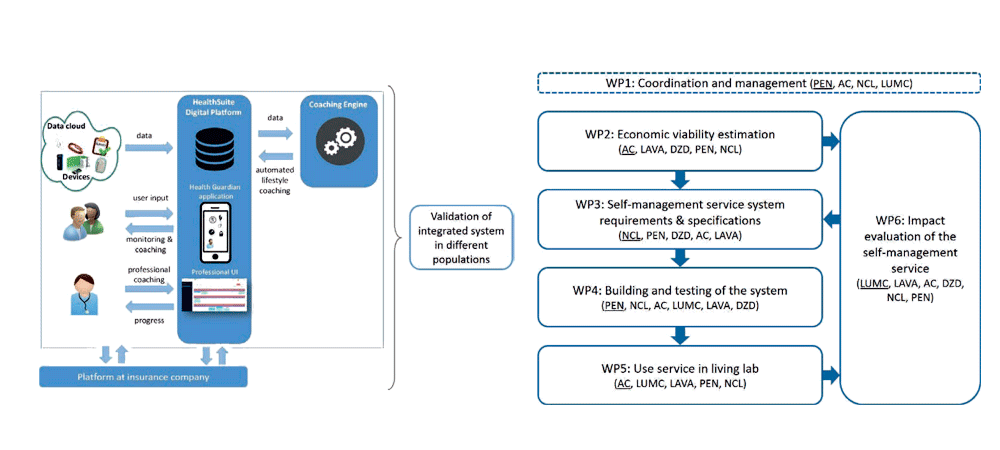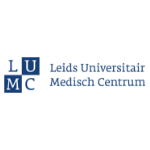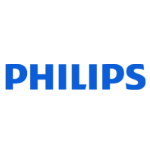Personal health and vitality management based on a device-agnostic health service platform
This project will produce and test Vitality, a service created through the integration of existing platforms and a health watch to assist patients at risk for diabetes in managing their own health. The project will show Vitality’s commercial value by gauging its impact on consumers and society as a whole.
Origins
Due to the increasing prevalence of metabolic and lifestyle diseases, there is a need to develop non-invasive, easy-to-use methods to promote personal health and wellbeing. Adherence to healthy lifestyle behaviours, such as regular physical activity, is protective against metabolic diseases like obesity and diabetes, as well as cardiovascular diseases. New technologies can improve behaviours by allowing real-time monitoring to inform patients.
Team
The consortium is composed of a mix of members who cover the full value chain and have complementary expertise: Philips is the industrial member; Achmea is the insurance company; Newcastle University is a key academic member with their “Changing Health” platform; and Leiden University Medical Center (LUMC), Leyden Academy on Vitality and Aging (LAVA) and German Diabetes Center (DZD) are academic and clinical members.
The project
The project will validate the usefulness of the Vitality system, bringing it closer to release on the market by:
- Developing and assessing the feasibility and usability of the Vitality self-management service in people with diabetes.
- Exploring the system’s potential impact on lifestyle, health and well-being.
Vitality is based on the integration of the Philips health-monitoring watch and two existing services, “Actify” and “Changing Health”. Newcastle University developed “Changing Health”, a validated self-management solution that includes a digital, interactive coaching module specifically aimed at patients with diabetes. It incorporates person-to-person contact and blended learning, and when used with other platforms in Vitality, it helps people monitor their health and adjust their lifestyles accordingly.
The Vitality impact evaluation will be conducted in The Netherlands and Germany. It will focus on consumers’ adherence to the service, the impact of the service on consumer health and wellbeing, and the potential societal impact of the service through long-term reduction of risk of disease.

Impact
Vitality will benefit the consortium members:
- Newcastle University benefits from validation of the commercial use of their self-management solution;
- Philips will benefit from the potential to increase revenues of its health watch;
- As an insurer, Achmea benefits from reduced healthcare costs.
The larger social benefit is a reduction in diabetes and other metabolic diseases, and the associated costs of those diseases.
Why this is an EIT Health project
Vitality addresses three EIT Health Focus Areas:
- Care Pathways, by supporting prevention to change the course of disease;
- Bringing Care Home, by allowing patients to monitor themselves at home;
- Behavioural Change, by encouraging people at risk of diabetes to adapt healthier lifestyles.
Members

CLC/InnoStars: Belgium-Netherlands
Partner classification: Business
Insurance company since 1811 with co-operative background. We serve about 8 million customers in 6 in Europe countries and in Australia. Gross written premium was 20 billion in 2013. There are 15,000 employees in The Netherlans and 4,000 elsewhere.
Achmea Insurance Company
Achmea Insurance Company, Handelsweg 2, 3707 NH Zeist, Netherlands
Key Activities in Social Innovation
Payers


Partner classification: Education, Research, Hospital / University Hospital
The mission of the LUMC is ‘to be an innovator improving both healthcare and population health’. LUMC is a university medical center for research, education and patient care with a high quality profile and a strong scientific orientation. It has a unique research practice, ranging from pure fundamental medical research to applied clinical research. LUMC wants to perform ground-breaking innovation. Researchers, educators and healthcare providers at LUMC work together around 3 societal outreach topics, Oncology, Regenerative Medicine and Population Health. Furthermore 10 themes for innovation are defined Academic Pharma, Neuro Science, Cancer, (auto)Immunity, Cell, Tissue & organ, Cardio-Vascular, Genetics, infection, Life course and prevention and Lifestyle. https://strategie.lumc.nl/en/
Leids Universitair Medisch Centrum
Leids Universitair Medisch Centrum, Albinusdreef 2, 2333 ZA Leiden, Netherlands
Key Activities in Research and Developement
Life Sciences, Clinical research
Key Activities in Social Innovation
Healthcare provision
Key Activities in Business Creation
Incubation, Technology Transfer


CLC/InnoStars: Ireland-UK
Partner classification: Education, Research
Partner type: Associate Partner
Newcastle University has always focused on academic excellence and the impact of their academic work. They seek to address some of the key global societal issues through research in 3 areas: ageing; social renewal; sustainability. Newcastle University collaborates with a range of partners and strategic initiatives. These partnerships help to extend the University’s influence and reinforce their ties with the city, the region and beyond.
Newcastle University
Newcastle University, Newcastle Biomedical Research Building, Newcastle upon Tyne NE4 5PL, UK
Key Activities in Corporate Innovation
Med Tech, ICT
Key Activities in Business Creation
Finance & Investment, Business coaching
Key Activities in Education
Business Schools, Entrepreneurship training, Technical faculties, Medical faculties


Partner classification: Business
At Philips, our purpose is to improve people’s health and well-being through meaningful innovation. We aim to improve 2.5 billion lives per year by 2030, including 400 million in underserved communities.
We see healthcare as a connected whole. Helping people to live healthily and prevent disease. Giving clinicians the tools they need to make a precision diagnosis and deliver personalized treatment. Aiding the patient's recovery at home in the community. All supported by a seamless flow of data.
As a technology company, we – and our brand licensees – innovate for people with one consistent belief: there’s always a way to make life better.
Philips Electronics Nederland B.V.
Philips Electronics Nederland B.V., Boschdijk 525, 5622 Eindhoven, Netherlands
Key Activities in Corporate Innovation
Med Tech, ICT
